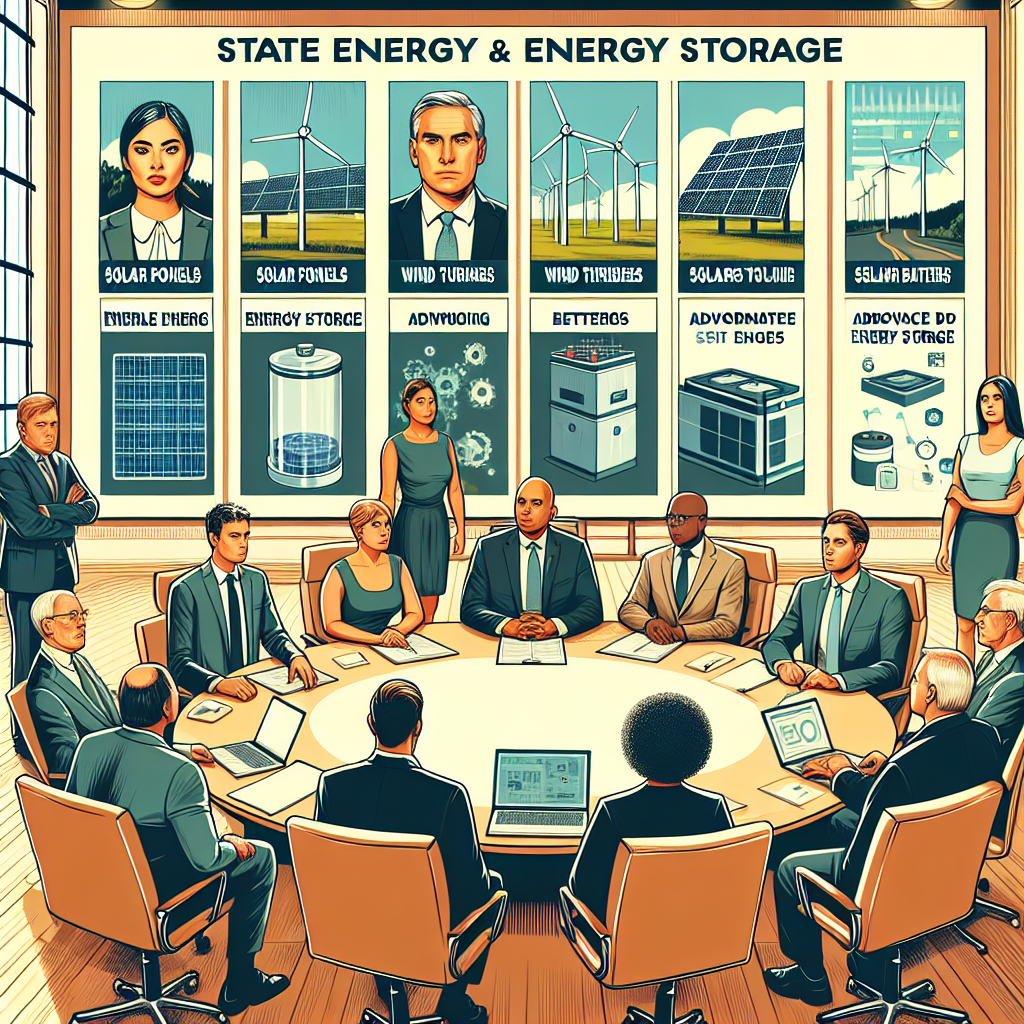.
Illinois’ energy industry is facing a potential crisis as experts warn of possible blackouts and price spikes in the coming years. This is due to a combination of factors, including a growing demand for electricity, a decline in the state’s fossil fuel industry, and delays in bringing renewable energy online.
Lawmakers are scrambling to find solutions to keep electricity reliable and affordable, with a short lame duck legislative session planned for January 4-7. However, the tight timeline could cause the legislative process to drag into the regular session starting on January 8.
In 2021, the state passed the Climate and Equitable Jobs Act (CEJA), a comprehensive regulatory reform aimed at transitioning the state off fossil fuels and boosting the economy. However, three years in, the state is struggling to meet its goals of bringing new renewable energy online, as fossil fuel plant owners reconsider their future in a state that plans to phase out carbon emissions by 2045.
Coal-fired electricity generation has already fallen from 46% of the state’s portfolio in 2009 to 15% in 2023, due to stricter emissions regulations and economic pressures. This has left a gap in the state’s energy supply, which could lead to rolling blackouts and higher prices for consumers.
To address this issue, lawmakers are considering a bill to incentivize energy storage, which could help balance the supply and demand of electricity. However, the tight timeline and potential delays in the legislative process could make it difficult to implement these solutions in time.
The potential impact of this energy crisis could be significant, not only for consumers who may face higher utility bills, but also for the state’s economy and efforts to combat climate change. It remains to be seen how lawmakers will address this issue and whether they will be able to find a solution in time to prevent potential blackouts and price spikes.

